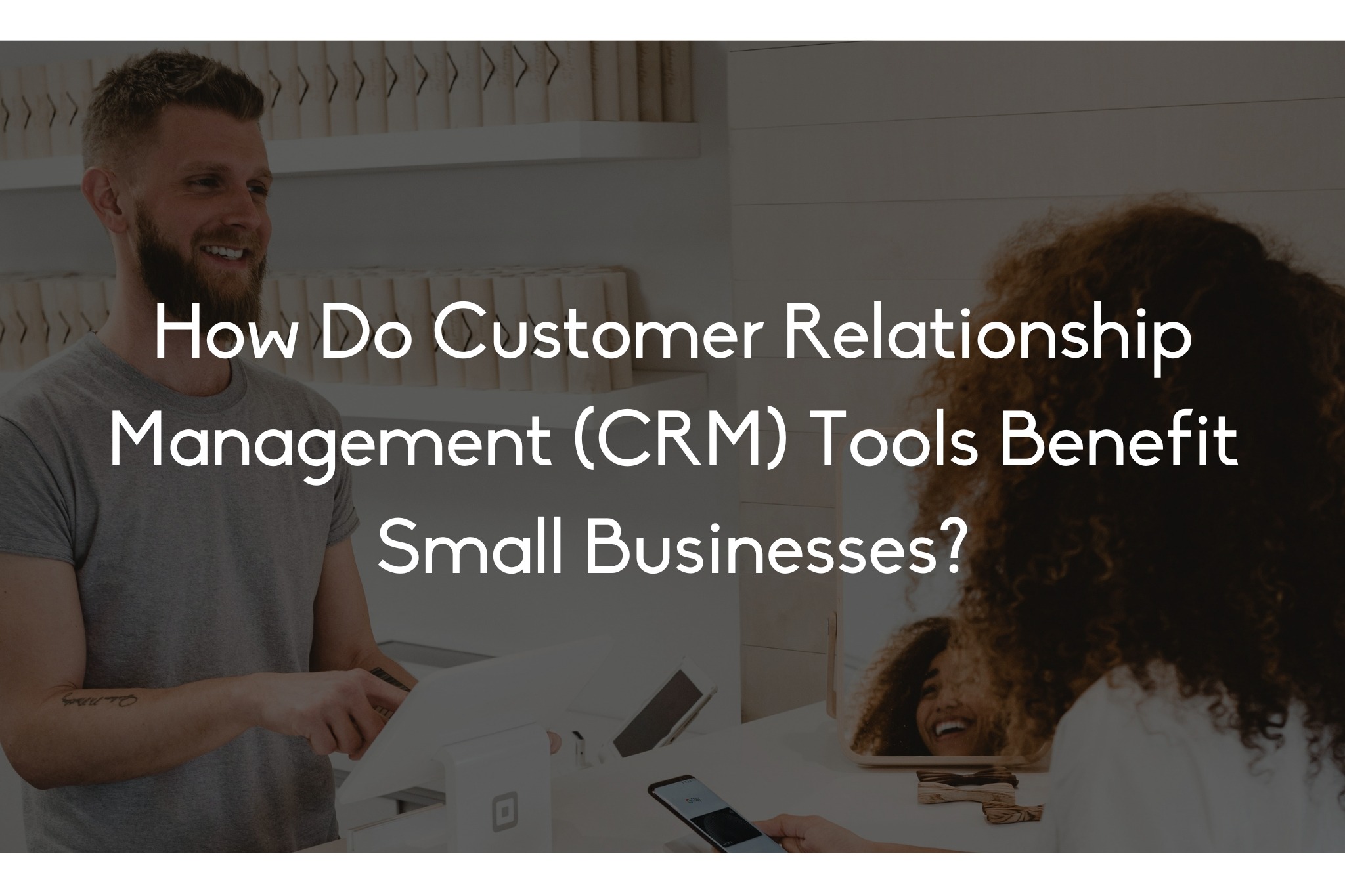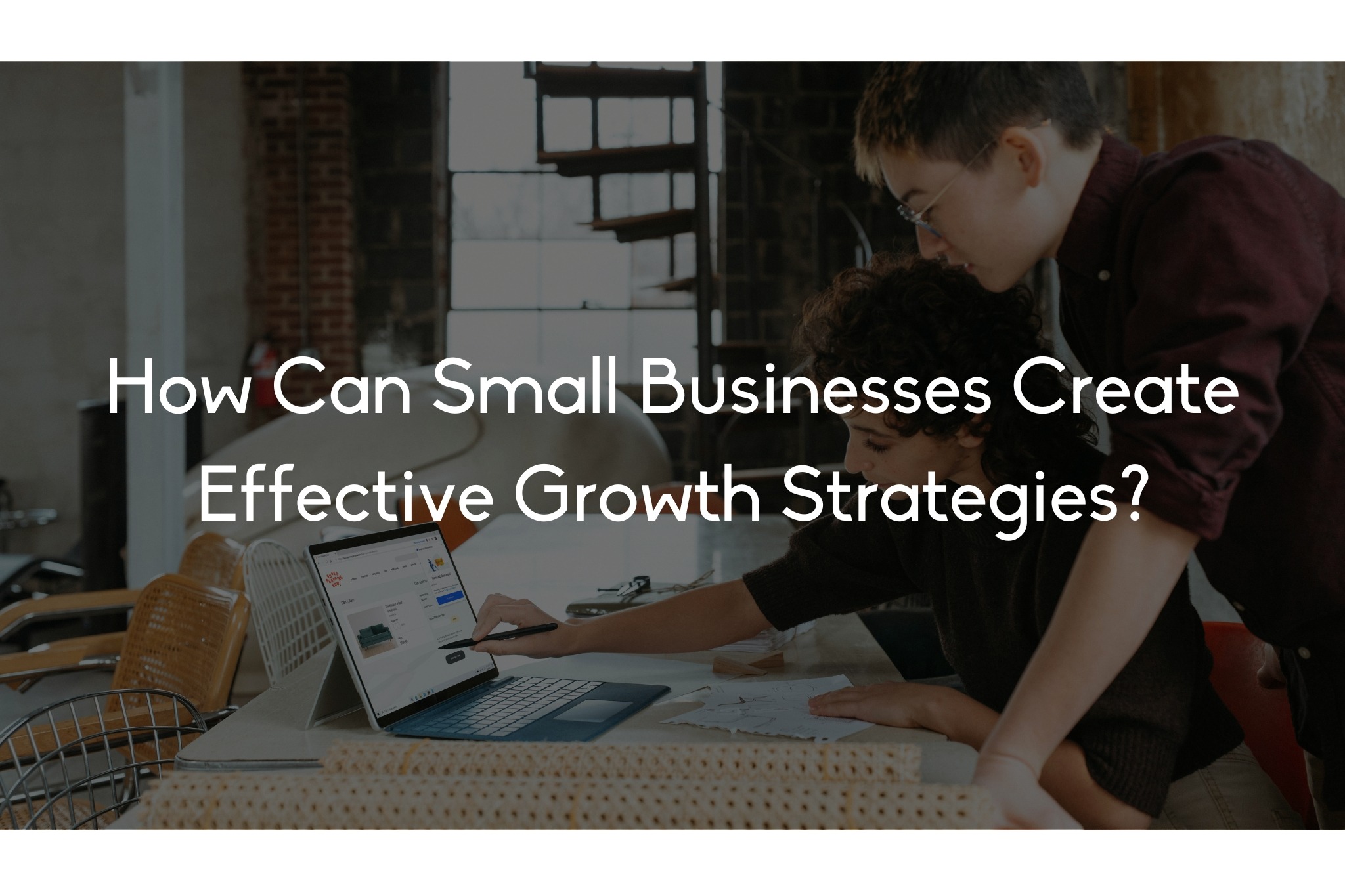
Running a small business comes with its fair share of challenges, from juggling customer interactions to managing day-to-day operations. One thing is clear: to grow, you need strong customer relationships. But how do you keep up when things start scaling? This is where CRM tools come in, offering more than just contact management. They’re essential for streamlining processes, improving customer experiences, and increasing overall efficiency. But what exactly can a CRM tool do for your business?
In this article, we’ll break down how CRM tools can benefit small businesses by focusing on boosting efficiency, personalizing customer interactions, improving sales strategies, and enhancing team collaboration. Whether you’re new to CRM or considering upgrading your current system, understanding the tangible benefits will help you see why it’s a game-changer for small businesses.
Let’s dive into the specifics of how CRM tools make a real difference in day-to-day operations and long-term growth. From tracking interactions to automating repetitive tasks, these tools simplify customer management so you can focus on what matters—building lasting relationships.
One of the biggest challenges small businesses face is keeping track of customer interactions, preferences, and history. A CRM system solves this by consolidating all customer information in one central location. No more scattered spreadsheets or sticky notes. With a CRM, you get a 360-degree view of each customer—past purchases, email exchanges, social media interactions, and more—all easily accessible.
This streamlined organization helps your team respond faster to customer inquiries and provides a personalized experience every time. Whether it’s a follow-up email or resolving an issue, having all the relevant information on hand makes interactions smoother and more effective.
Customers today expect businesses to know their preferences and provide tailored experiences. CRM tools make this possible by tracking detailed customer behavior and preferences. With a CRM, you can personalize communications based on customer history, sending them relevant product recommendations or targeted offers.
For instance, if a customer recently bought a product, your CRM can automatically remind you to follow up with a satisfaction survey or suggest complementary products. These personalized touchpoints go a long way in making customers feel valued and understood, ultimately boosting customer loyalty.
As a small business owner, you wear many hats. Automating repetitive tasks through a CRM allows you to save time and focus on growth strategies. CRM systems can automate sales and marketing workflows like sending follow-up emails, scheduling appointments, and nurturing leads.
For example, instead of manually reaching out to every new lead, a CRM can automatically send a welcome email and schedule follow-ups based on customer responses. This helps ensure no lead slips through the cracks while freeing up valuable time for you and your team to focus on more strategic tasks.
Understanding your sales pipeline is key to growth, and CRM tools provide just that. With built-in analytics and reporting features, you can track sales performance, identify top opportunities, and forecast future revenue. This level of visibility allows small businesses to make more informed decisions, from adjusting sales strategies to predicting seasonal trends.
CRM tools also allow you to see where each prospect is in the sales process. You can identify bottlenecks, assess conversion rates, and optimize your sales approach accordingly. Having real-time data at your fingertips ensures you can stay agile and responsive in a competitive market.

For small businesses, effective teamwork is essential. A CRM helps improve collaboration by making customer data accessible to everyone on your team. Whether it’s the sales, marketing, or customer service department, everyone has access to the same up-to-date information. This reduces miscommunication and ensures that each department can contribute to providing a consistent customer experience.
Let’s say a customer reaches out with a service issue. The customer service team can instantly pull up the customer’s history, resolve the issue quickly, and pass the information back to the sales team for follow-up. This seamless flow of information enhances efficiency and ensures customers feel heard at every touchpoint.
Acquiring new customers can be more expensive than retaining existing ones, and CRM tools help with this by focusing on customer retention. With detailed customer insights, you can proactively engage with clients, addressing their needs before they even have to ask.
A CRM tracks customer interactions and buying patterns, helping you identify when a customer might be losing interest or hasn’t made a purchase in a while. You can then take timely actions such as offering discounts, sending personalized emails, or providing special loyalty rewards to keep them engaged.
One of the greatest benefits of a CRM for small businesses is its ability to grow with your company. As your customer base expands, manual methods of tracking customers and managing relationships become impractical. A CRM system allows you to scale without sacrificing quality or service.
It’s a future-proof solution that adapts to your growing needs. You can start with basic features and add more functionality as you expand, such as advanced analytics, integrations with other business tools, or automated marketing campaigns. This flexibility ensures that your business remains efficient even as your operations grow.
Small business owners need to make quick yet informed decisions to stay competitive. CRM systems provide detailed reports and analytics, helping you understand customer behaviors, sales trends, and the effectiveness of marketing campaigns. With access to this data, you can identify what’s working and where improvements are needed.
These insights allow you to make data-driven decisions—whether it’s launching a new product, adjusting your pricing strategy, or targeting a different customer segment. Having hard data to back your decisions ensures you’re not just guessing, but making informed moves that drive results.
Many small business owners hesitate to invest in CRM tools, assuming they’re too expensive. However, the truth is that most CRM platforms offer affordable packages tailored specifically for small businesses. The return on investment (ROI) is significant when you consider the time saved, improved customer satisfaction, and increased sales.
By automating tasks, improving customer retention, and optimizing sales processes, a CRM tool pays for itself over time. You’re able to operate more efficiently and provide better service, which leads to repeat business and steady growth.
In today’s competitive market, small businesses need every advantage they can get. CRM tools offer a range of benefits that help streamline operations, enhance customer relationships, and drive growth. From automating sales tasks to improving customer retention, CRM systems are no longer just for big businesses—they’re an essential tool for any small business looking to thrive.
By integrating a CRM into your daily operations, you’re not only staying organized but setting the foundation for sustainable growth. Start small, explore the features that fit your needs, and watch how your business transforms as you build stronger, more meaningful connections with your customers.

